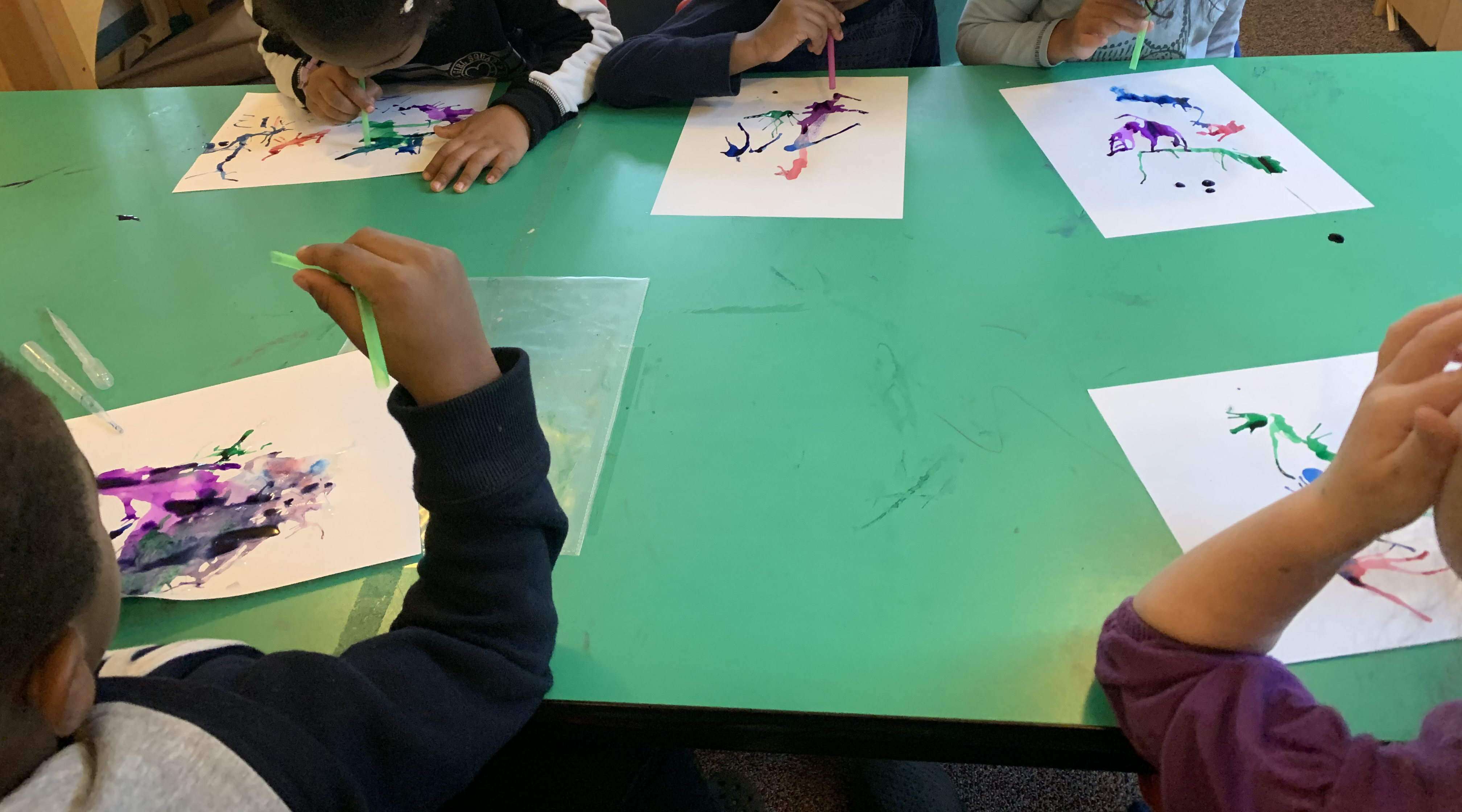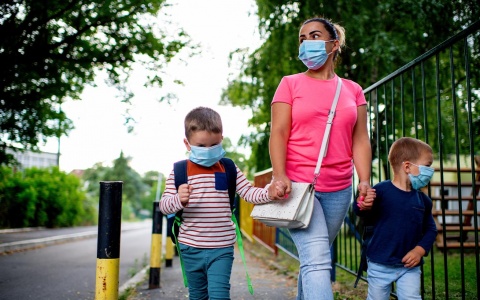Boston Universal Pre-K Study
Summary
The Boston Universal Pre-K study is a mixed-methods implementation study of the expanded universal pre-k program in Boston. In April 2019 the City of Boston announced a historic investment in expanding high-quality universal preschool for four year olds through a combination of community-based programs and existing public school seats. We are studying the implementation of this mixed-delivery program with an emphasis on identifying the barriers and facilitators of scaling quality programming. This study has evolved over the course of the pandemic and the study team has worked closely with Boston UPK administrators throughout the study period. The study uses a combination of administrative data, direct student assessments, in-person and video observations, online surveys, interviews, and participant observation to address the central research questions.

Timeline
The study launched in the spring of 2019 and data collection began in September 2019. Initially planned as a two year study, the pandemic caused a data collection pause so the study has been extended through 2022. In-person data collection wrapped up in June 2022.
Impact of RPP
This study complements much of the previous and ongoing work of the Boston RPP, including an initial impact study of Boston Pre-k (Weiland et al. 2013) and the Expanding Children’s Early Learning P-3 longitudinal study. The RPP allows the team to leverage the strong relationships and shared knowledge of Boston’s Prekindergarten Program.

